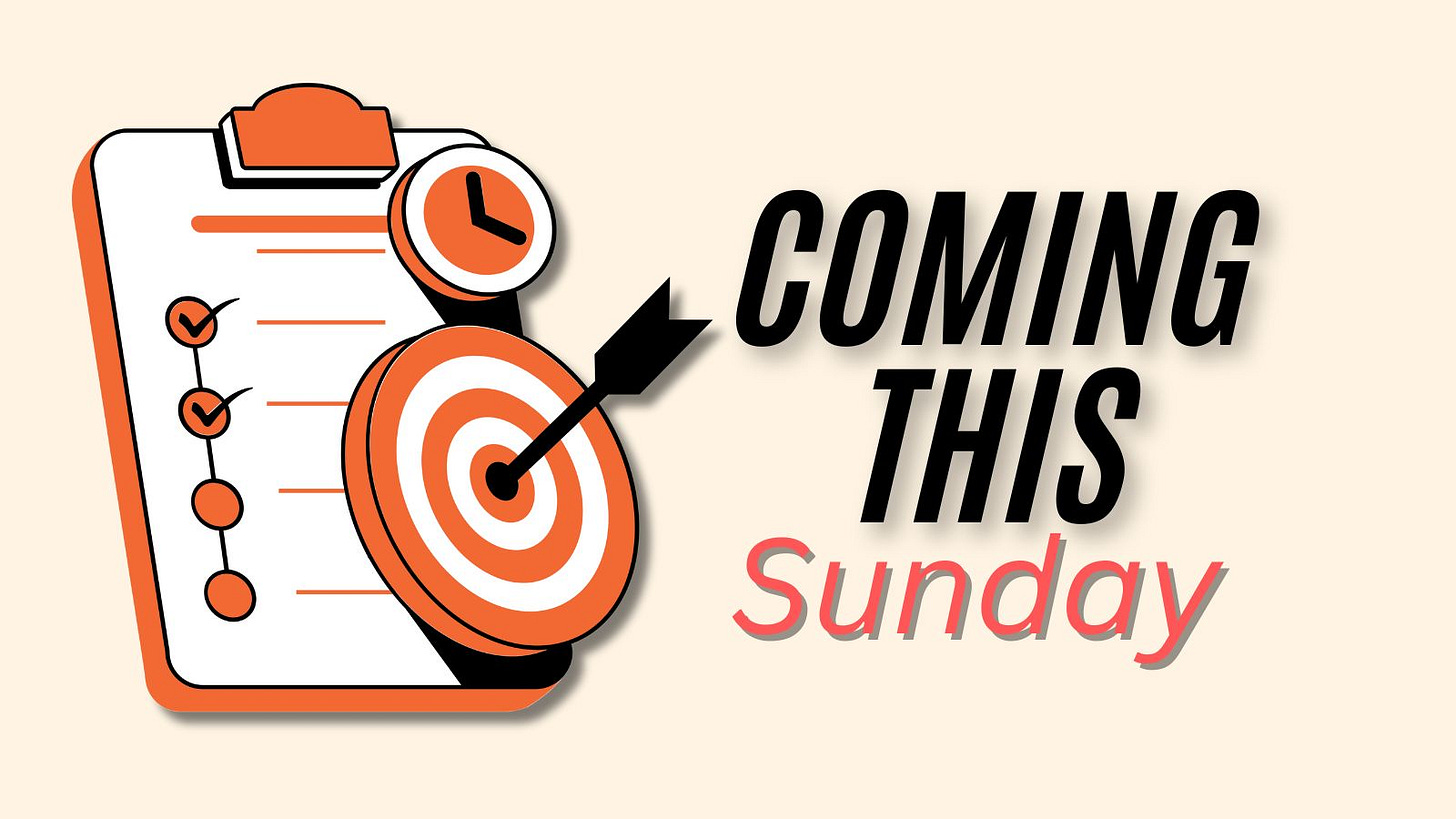As a Scrum Master - How Do You Prove Your Impact?
A Simple Framework Scrum Masters Can Use to Translate Their Work into Numbers that Matter
Hello 👋, It’s Vibhor. Welcome to the 🔥 paid member only🔥 edition of Winning Strategy: A newsletter focused on enhancing product, process, team, and career performance. Many subscribers expense this newsletter to their Learning & Development budget. Here’s an expense template to send to your manager.
A few years ago, I published this video on YouTube.
In it, I discussed this “idea” of measuring a Scrum Master’s performance.
I explained how a Scrum Master’s performance is subjective and can only be evaluated based on the expectations of those with whom the role interacts.
For example:
A Product Owner would evaluate a Scrum Master based on how well they facilitate backlog refinement sessions and help the Product Owner deliver value to stakeholders
A team member would evaluate a Scrum master based on how well they help the team remove impediments, protect the team from distractions, and enable an environment of psychological safety
A Manager would evaluate a Scrum master on team productivity and their impact on business agility and value delivery
This subjectivity makes it hard for Scrum Masters to answer the survival question:
"How do I prove my impact?"
If you’re a Scrum Master reading this, you’ve probably felt this uncertainty.
You know you’re doing meaningful work — coaching the team, facilitating meetings, driving improvement but when it comes to proving this to leadership, it feels intangible.
And when leadership starts asking for measurable outcomes, such as business metrics or other value indicators, you feel overwhelmed.
The truth is, articulating the impact of a Scrum Master’s work is challenging.
But… it’s not impossible.
You just need the right approach.
In this post, I will highlight that approach.
I will outline some steps you can begin taking right now to better prepare yourself for the year-end review. I’ll share a step-by-step framework to help you quantify your work in a way that’s both measurable and meaningful.
This framework will empower you to not only track your contribution throughout the year but also communicate it confidently during year-end reviews or when leadership asks,
“What have you done that’s made a difference?”
Sounds like a plan?
Let’s get started.
Introducing — Scrum Master Performance Tracker™
As a valued paid member of Winning Strategy, you will be able to access the Scrum Master Performance Tracker, which is being released this coming Sunday.
With the help of this tracker, you will be able to:
collect
quantify, and
present
your impact and the difference you made to your team’s performance every quarter. Plus, you’ll be able to do that in a language that resonates with your Manager.
Let’s see how the framework actually works…
Step #1 — Collect the requirements
Requirements?
Yes!
As discussed above and in the YouTube video, your performance as a Scrum Master is largely subjective. It depends on what is “required” of you by the people you interact with. In other words, it depends on what other people “expect” from you and your role.
And here’s something I learned the hard way as a new SM.
These “expectations” differ from person to person.
Expectations are mirrors—what you see depends on who's holding them.
So the first thing we do is “collect” as many expectations as possible from the people who matter. These people may also differ based on your situation and context. But for the sake of this post, we will stick with the following roles:
Your Manager
Product Owner
Team Members (collective expectations)
Here’s how you will go about collecting these expectations.
1. Your Manager
Start by having a 1:1 conversation with your manager.
Ask them directly, “What does success look like for me by the end of this year?”
Managers often have specific business metrics or outcomes in mind.
Take notes.
Understand their priorities. If possible, ask follow-up questions to clarify how they will measure your success.
Make a list of these expectations. For example:
Predictable Delivery
Increased Productivity
Faster Time-to-Market
Improved Quality
Improved Customer Satisfaction
Cost Efficiency
etc.
Don’t worry about how these map out to your role yet. Just collect these expectations and make a list.
2. Product Owner
The Product Owner works closely with you, so their expectations usually revolve around the product and delivery.
In a 1:1, ask them the following questions:
Q1: “What would success look like from your perspective?”
Q2: “How can I help you deliver value more effectively?”
This might lead to feedback about supporting backlog refinement sessions, managing dependencies, or helping improve communication with stakeholders.
Make a list like the one below:
Better refinement sessions with fewer scope changes
More predictable sprint deliveries
Improved stakeholder communication
Better dependency management
Help in managing scope and expectations
Clearer progress visibility
etc.
3. Team Members (Collective Expectations)
Your team will have collective expectations of you as their Scrum Master.
You can ask for their expectations through:
1. Retrospectives: Dedicate part of a retrospective to ask, “What do you expect from me as your Scrum Master?”
Or you can send them…
2. Anonymous Surveys: If your team prefers anonymity, send them a short survey with open-ended questions like:
What do you expect from me as your Scrum Master to help you perform your best work?
What challenges do you think I should focus on helping the team with?
How can I improve how I facilitate sprint events?
What can I do to help improve team collaboration and communication?
How can I better support the team in achieving its goals?
What areas of our process do you think need more attention from me?
How can I help create a more positive and safe team environment?
Is there anything I’m currently doing that you find particularly helpful?
Is there anything I’m doing that you think I should do differently?
Your team’s expectations will include things like:
Help in removing impediments
Protection from unnecessary interruptions
Help with technical debt discussions
Better coordination with other teams
More time-efficient events
Support in conflict resolution
etc.
Here are a few suggestions while you collect these expectations:
Do not get defensive about expectations
Do not make immediate commitments
Do not make promises yet - just listen and note
Document everything in a simple spreadsheet or in the “Scrum Master Performance Tracker” coming this Sunday.
Consider this your performance backlog.
The items inside are your “requirements,” which you must deliver to prove your impact on the team.



